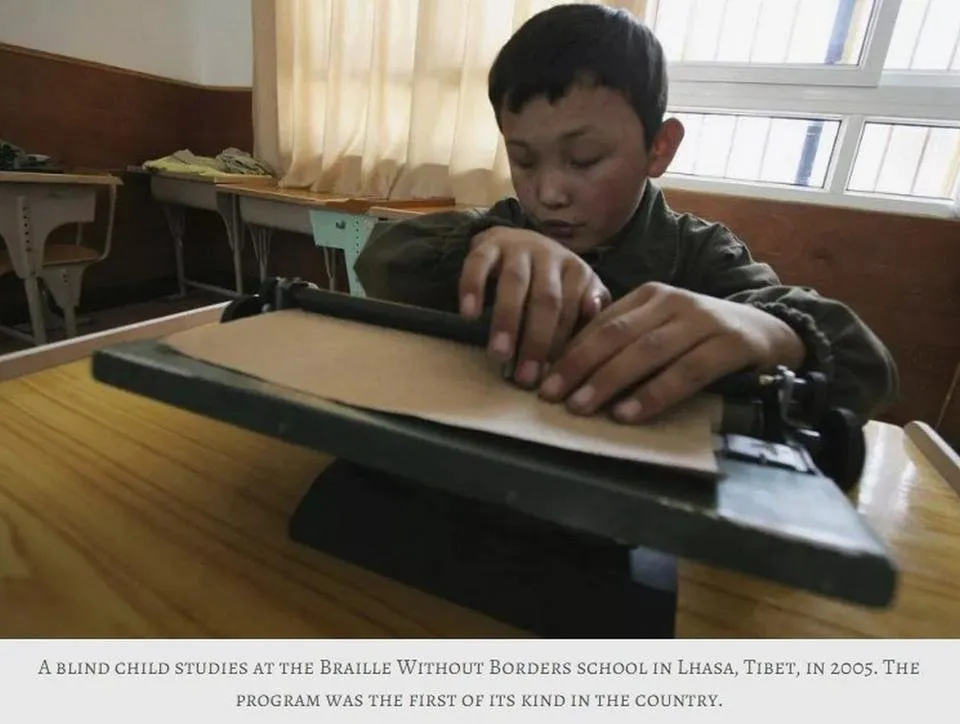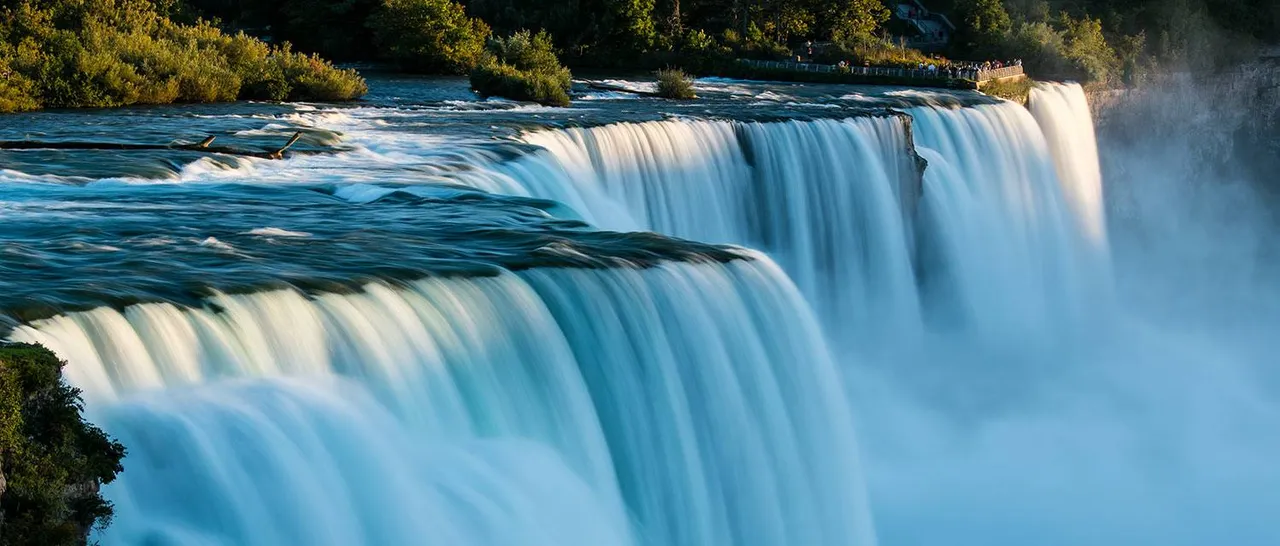There are many free resources available online at no cost that make for great lessons. Here are just a few science lesson ideas.
- This lesson could be used for geography, geology, or other science class. Use a map to find Niagara Falls. Tell your child the story of Annie Edson Taylor, the 67-year-old schoolteacher who was the first person to go over Niagara Falls in a barrel. Then, use the photos, charts, diagrams, and information from an article from The Atlantic titled What Niagara Looks Like Without Water. Have your child read or research waterfalls and compare other waterfalls to Niagara Falls. Finish the lesson with a short writing assignment asking for a comparison of Niagara to other waterfalls, or a descriptive paragraph of Niagara with and without water.
- This lesson could be the basis for a writing assignment. Listen to the short radio clip from NPR All Things Considered called “Lessons on Blindness.” The link takes you to a site that links to the radio clip and provides a written transcript of the interview. The story is about Rosemary Mahoney and her assignment to write a magazine profile of the woman who started Tibet’s first school for the blind, Braille Without Borders and what she learned from the experience. Listen to the radio clip and follow-up with pieces of the transcript that you want to emphasize. Discuss with your child about what it would be like to be blind and society’s attitude toward people who are blind. You can blend in science information about all the senses here, emphasizing that sight is just one of the senses. If your child is very interested in science they might research possible cures for blindness. Or, they could write an essay on how our society tries to accommodate blind people through the American’s with Disabilities Act. Or, ask your child write a short essay, poem, or fiction story on what it would be like to be blind.

- How about some motivation? Try this article and clip from a documentary about a 15-year old who invented a way to detect pancreatic cancer.
> Not that I’ve got a crystal ball or anything, but let’s just say if you or your loved one come down with pancreatic cancer a decade from now, you’ll be very glad this young man—the 2012 grand prize winner of the Intel International Science and Engineering Fair, as well as the Smithsonian American Ingenuity Award—didn’t squander his freshman year’s extracurricular hours on sports and glee club.
> Instead, he became the “cancer paper boy.” His mentor, Johns Hopkins pathologist and researcher, Anirban Maitra floats comparisons to Edison. As Morgan Spurlock points out in his show documentary on Andraka —You Don’t Know Jack (above) — many of Einstein’s discoveries were made before he stuck his tongue out beneath that white mane.
Discuss with your child what motivated Jack to pursue his research and how he carried it out. Talk about the nature of science and the scientific method – that you have to think of questions and experiment until you find the answer. Finish with a short paper, poster, or time-line showing how Jack made his discovery.
There’s really just one basic idea I’m trying to get across. Don’t get stuck in between the pages of a textbook. Look around and find terrific resources and ideas wherever you go. You don’t have to use every idea, but get in the habit of seeing just about everything as a possible learning experience. Yes, there are certain facts and information your child should learn, but there are lots of ways to get to the same place. Using resources that connect school subjects to life can spark your child’s interests.


